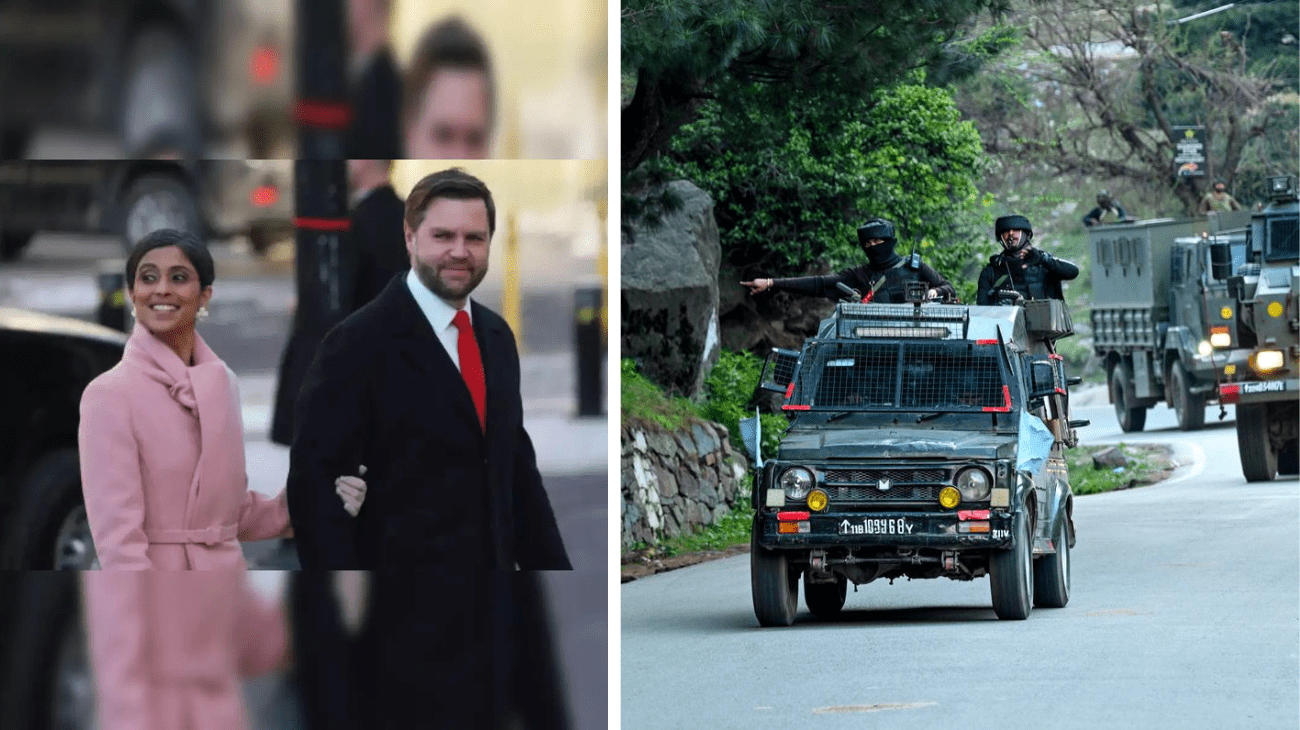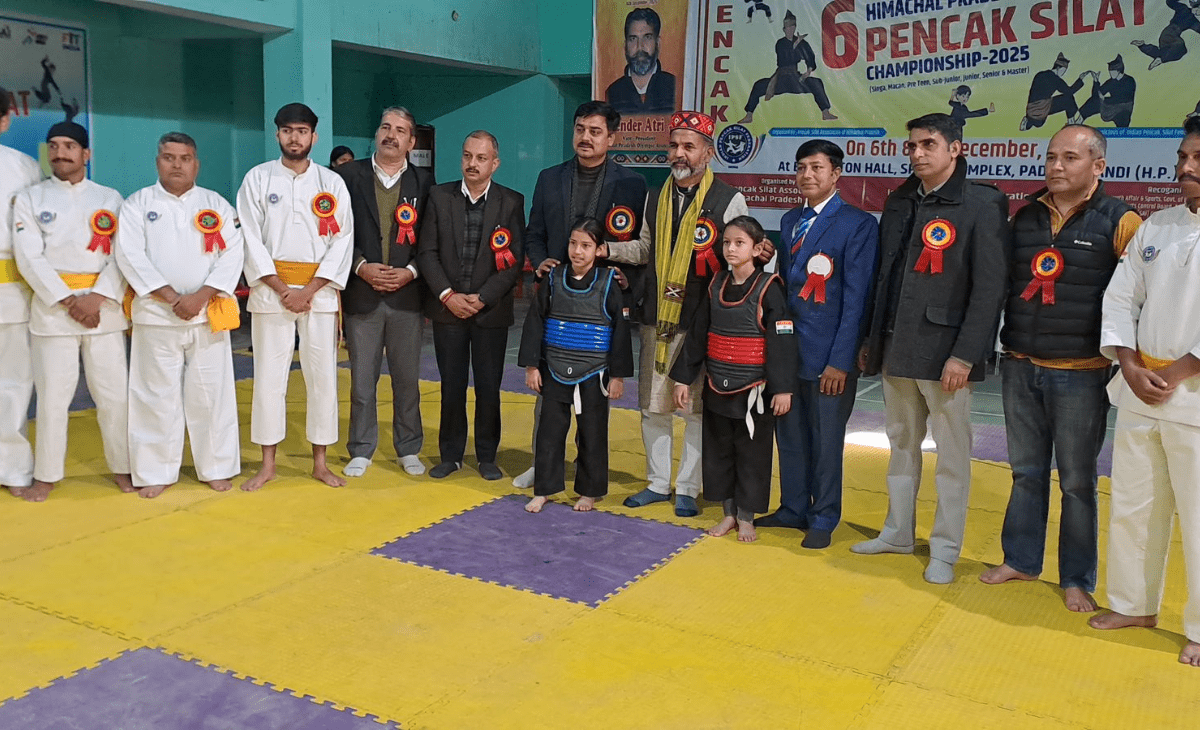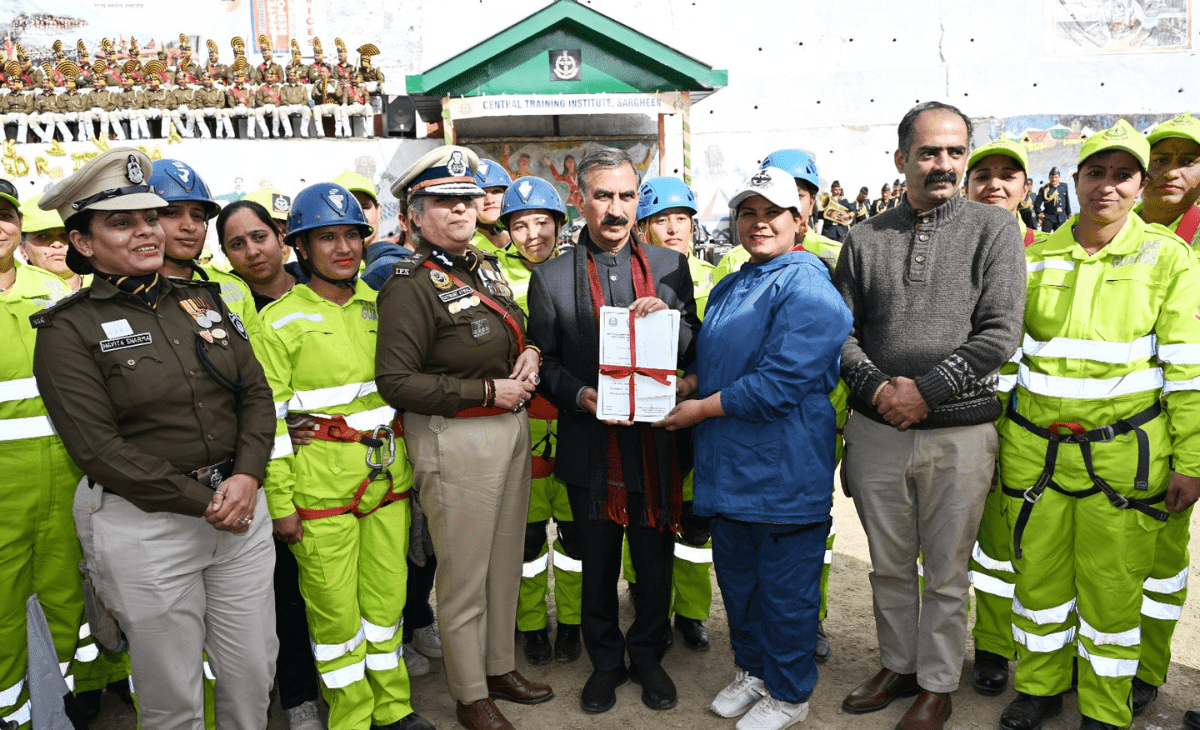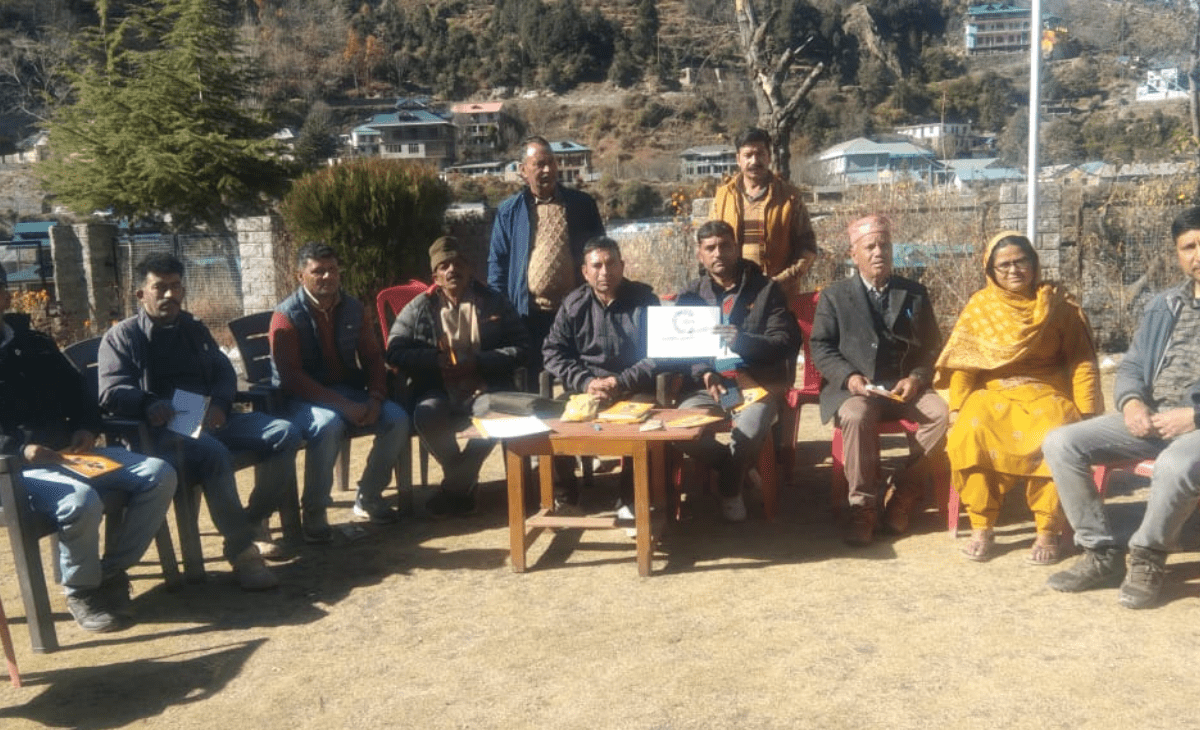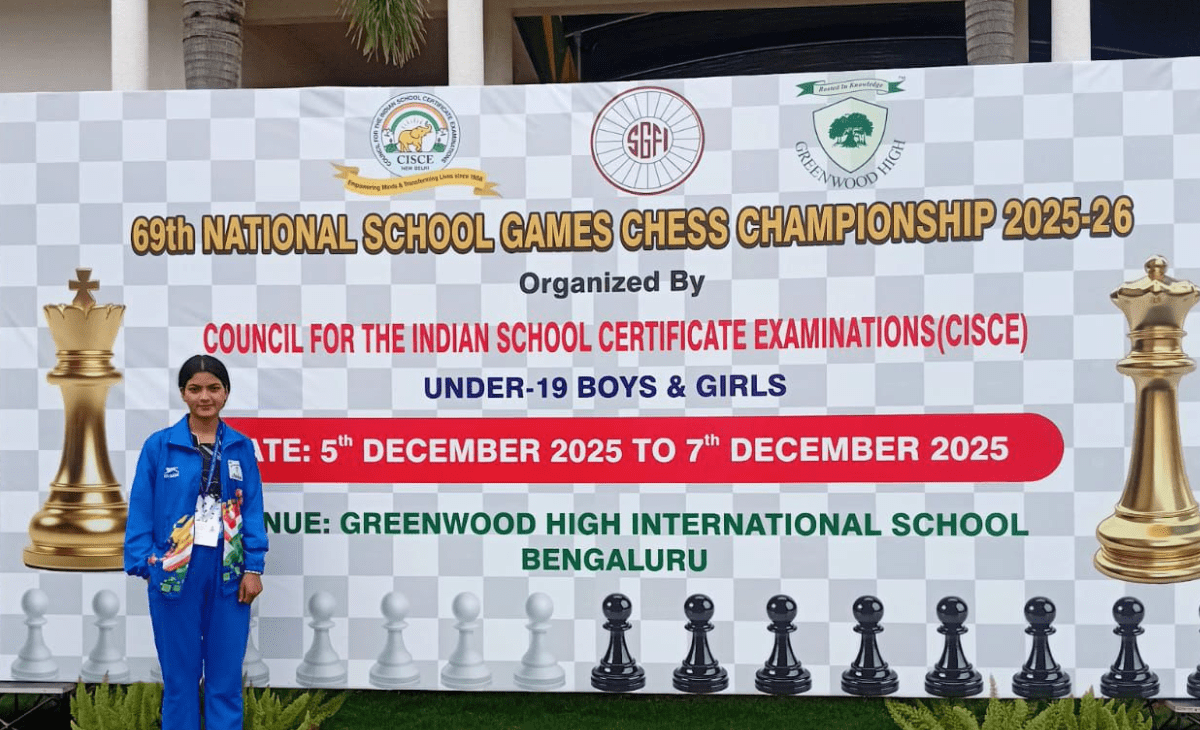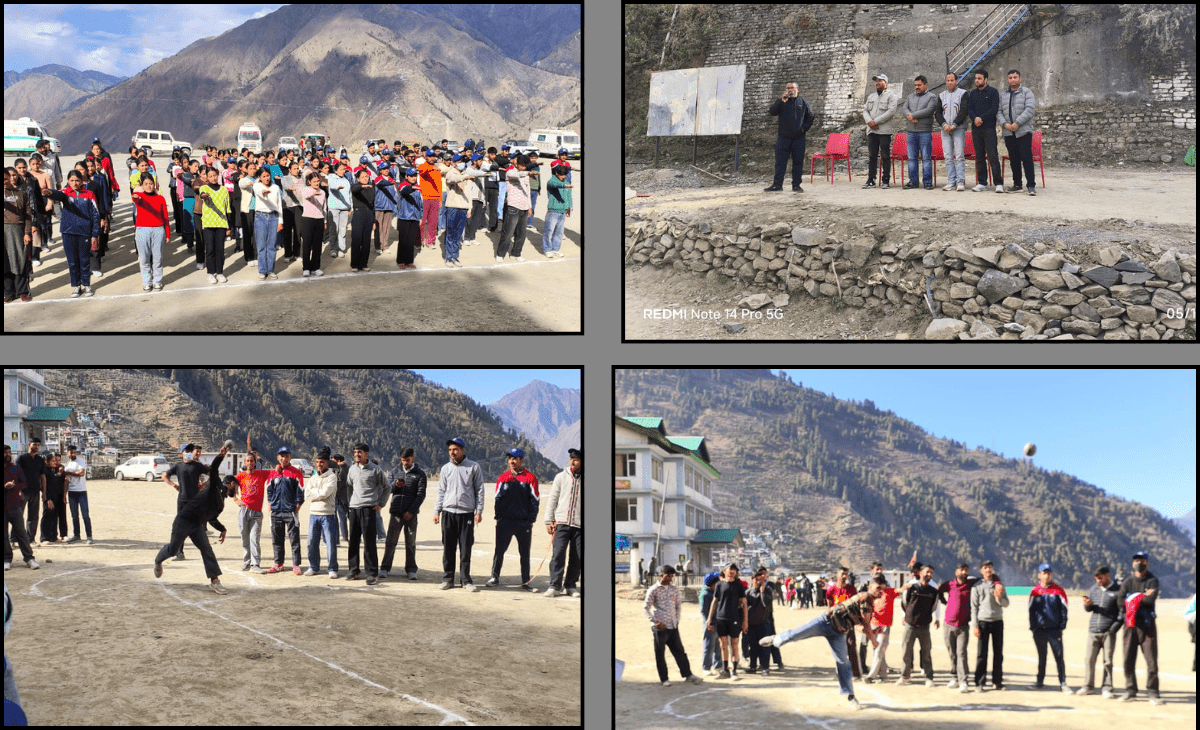Jammu: On April 22, 2025, the serene meadows of Baisaran near Pahalgam in Jammu and Kashmir were marred by a heinous terrorist attack that claimed 28 lives and injured over 20 individuals.
The assailants, disguised in military uniforms, targeted tourists, distinguishing victims based on religious identity, a chilling tactic reminiscent of past communal violence.
The timing of this attack is particularly concerning. It coincided with US Vice President JD Vance’s official visit to India, during which he met with Prime Minister Narendra Modi.
Such synchronisation suggests a deliberate attempt by the perpetrators to undermine India’s image on the global stage and challenge its internal security apparatus. Historically, militant groups have orchestrated attacks to coincide with significant political events, aiming to maximize impact and media attention.
The group claiming responsibility, The Resistance Front (TRF), an offshoot of the Pakistan-based Lashkar-e-Taiba, cited opposition to India’s settlement policies in Kashmir as a motive. Their statement underscores a broader strategy to destabilise the region by exploiting communal tensions and international diplomatic engagements.
This incident not only exposes vulnerabilities in security protocols but also highlights the evolving tactics of terrorist organisations. By targeting civilians during high-profile visits, they aim to send a message of defiance and disrupt diplomatic progress. It underscores the need for heightened vigilance, especially during periods of international engagement.
In response, Indian authorities have intensified security measures across the region. Home Minister Amit Shah promptly visited Srinagar to assess the situation, and a comprehensive manhunt for the assailants is underway. The government has also urged citizens to remain united and resilient in the face of such provocations.
The Pahalgam attack serves as a grim reminder of the persistent threats facing the region. It calls for a reevaluation of security strategies, especially concerning the protection of civilians during significant political events. Ensuring the safety of citizens and maintaining the integrity of diplomatic engagements must remain paramount in India’s counter-terrorism efforts.
Sunil Chadha


